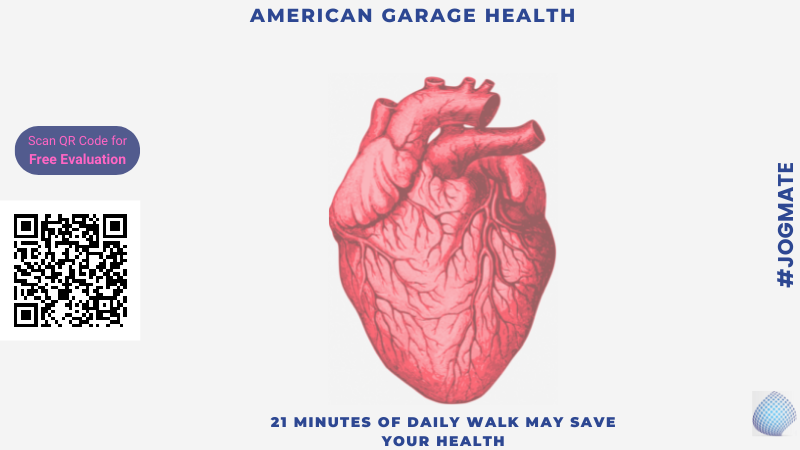Researchers discovered that 16% of individuals with blood clots had memory, concentration, or thinking issues for at least six months.

According to a recent UK study, weariness and brain fog are two typical “long Covid” symptoms that may be caused by blood clots that have developed in the brain or the lungs.
1,837 individuals who were admitted to the hospital because of COVID-19, were the subject of the study. There is a significant percentage of formerly healthy, fit, and energetic individuals (including athletes) who have been unable to engage in their pre-pandemic activities [after contracting the Covid virus].
According to the study, researchers discovered two blood proteins that suggest clots may be one of the causes. Researchers discovered that 16% of individuals with blood clots had memory, concentration, or thinking issues for at least six months.
What the study found
The study’s author, Prof. Paul Harrison of Oxford University, stated that figuring out predictors and potential causes was “a key step” towards comprehending post-Covid brain fog.
1,837 patients who were hospitalised as a result of Covid were the subject of the study. According to the findings, two blood proteins suggest that blood clots may be the culprit. 16% of those who have these clots find it difficult to focus and think coherently. Furthermore, it can result in memory loss that lasts at least six months.
Another research published in Nature Medicine attributed brain fog to a covid-19 patient’s increased levels of the protein fibrinogen and the protein fragment D-dimer.
The study’s Oxford-based author, Dr. Max Taquet, stated that the findings “support the hypothesis that blood clots are a cause of post-Covid cognitive problems” because both fibrinogen and D-dimer are involved in blood clotting.
Following a COVID-19 diagnosis, the symptoms one should watch out for are excessive exhaustion, shortness of breath, and difficulties concentrating.
Dr. Simon Retford, a university lecturer, related his story and said that after being diagnosed with Covid in October 2020, he spent two weeks in a coma. Though he has gradually regained function, he acknowledged that he still has trouble focusing, suffers from short-term memory loss, and thinks slowly.
The professor once worked for the police, but she is currently unable to do so. He stated, “Last May, I took on a course-leader job, and I was like a tremendously sluggish computer that struggled to get going.”
Conclusion:
Although more research must be done before any medication or prospective therapies can be recommended, experts believe that this study is a start in the right direction.
The report is supported by a comparable study that was conducted in US hospitals and produced similar findings.